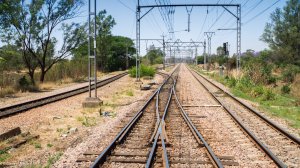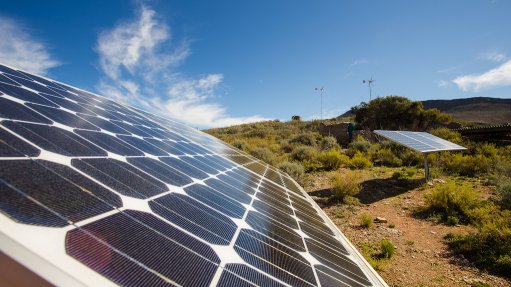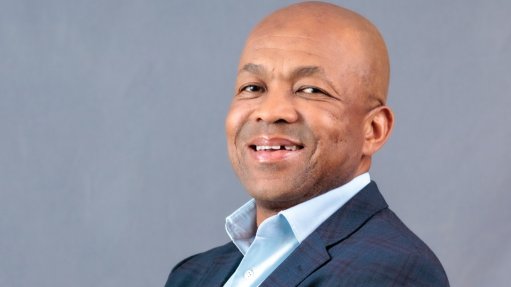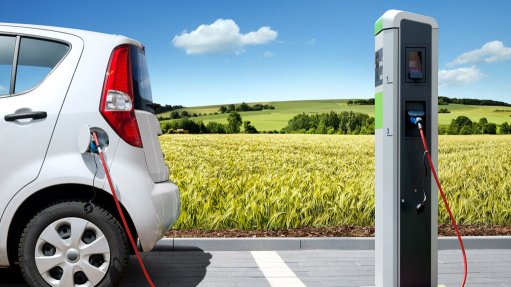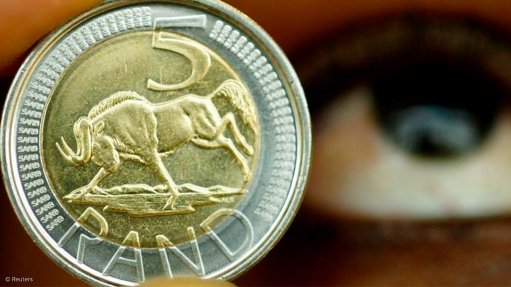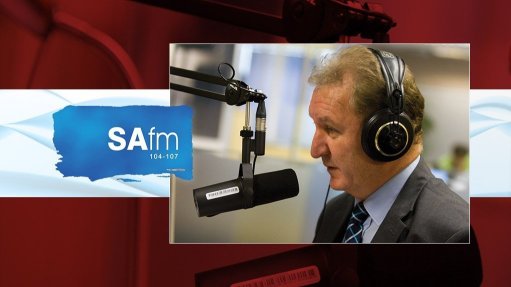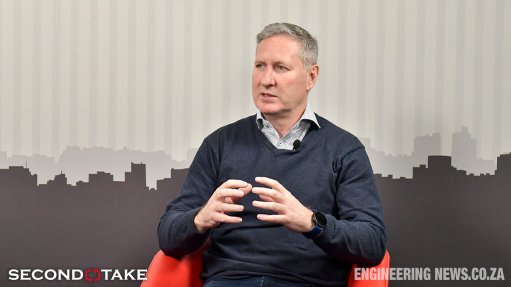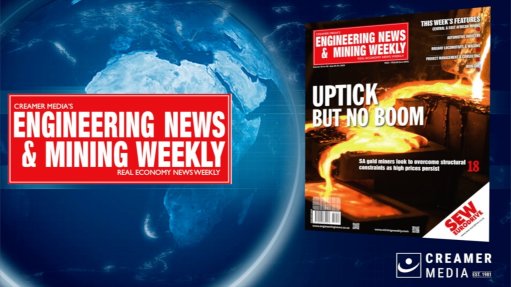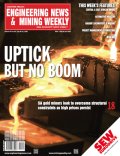Railways should be under the stewardship of experienced rail community
This article has been supplied.
In this opinion article, Bongani Mankewu highlights the role that South Africa’s deep railways expertise should play in resolve the economic morass at Transnet
In October 2009, the newly-elected socialist government of Greece under George A. Papandreou revealed a budget deficit of 12.7% of GDP for 2009, more than double what the departing government had stated and four times the initial predictions.
Greek debt held by foreign banks amounted to $430-billion, which led to a battle between Greece and the global bond market. Based on the disclosure, the rating agencies cut the government's debt rating, led by Moody's, citing the "crumbling finances." The Greek parliament responded by passing an "austerity budget," slashing public spending by 10%.
Eurozone members were speculating that Greece may leave due to the crisis. Investors were "worried that the Greek crisis could trigger a domino effect across Southern Europe," but the International Monetary Fund (IMF) was not viewed as a feasible option for a rescue at the time of this crisis. They were aware of the dangers posed by the IMF's intervention in Greece and how doing so might eventually undermine its hegemony.
South Africa's current financial situation is characterised by liabilities to the World Bank, greylisting, and other debts. In both logistics, which has a detrimental effect on exports, and energy, which is similar to an economic and social death knell, these State-owned Enterprises (SOEs) play a significant role in the economy and society. Despite identifying every aspect that affects our SOEs, we are unsure whether we should import governance, which has no credit borrowing requirements but is the root cause of the problem.
Economic growth in South Africa is anticipated to support inclusive growth, with SOEs working in tandem with Development Finance Institutions (DFIs) as the engine. Since it is obvious how SOEs are deteriorating, it has become more obvious how gains and losses are distributed unevenly during this economic crisis. The government continues to fob off the economic and energy crises including logistics harnessed by governance failures and browbeaten ministries. This is the test of how long people on the periphery can bear these deluded tricks that force them to march over cliffs like lemmings.
Most of our exports come from raw materials. Since the turn of the millennium, low-cost electricity and effective rail freight networks have increased SARS' primary sources of revenue. Unfortunately, the key foundations of our economy, such as reliable energy "Eskom," effective logistics "Transnet," sacrosanct PIC, and constitutional sanctity, are all caught up in avaricious gluttony that is woven into the fabric of the debt trap at both the governmental and household levels. This leads to debt peonage, and the economic necrosis demands sincere contemplation that should compile experiences and assess their relative value. This reflection must also express the new attitude of will in the face of the crisis so that it may be comprehended more clearly and put to use for a specific goal.
SOEs and DFIs cannot be used as political toys. They are the first instruments to be recognized to get out of this bleary economic situation through revived effective and efficient governance. According to Khan et al. (2019), the word "governance" derives from the Greek verb "Kubernao," which means "to control." It is a demonstration of having the authority, plausibility, and responsibility to oversee or coordinate corporate plans, management, and operations at the highest level.
Clear institutional frameworks, transparent shareholder agreements, transparent lines of accountability, thoughtful financial models, and sustainability assurance are necessary to address such issues. Instead of dismantling the Public Enterprise Ministry, the Shareholder Compacts and, in the case of Transnet, the National Rail Policy, which includes the Public Finance Management Act, need to be carefully examined and cognizant of external knowledge from the industry. A body made up of business and government should be established to ensure that SOE shareholder agreements are in line with their dual objectives of being financially viable and developmental to promote job creation and inclusive economic growth, cascading to the National Development Plan.
The many resignations at Transnet and the financial harm already caused by profligacy are the results of the planned "no coordination" of power, plausibility, and accountability. This increases ravenous thievery. Since progress is compared to an ideal that reflection creates, railways must be allowed to be managed by railway people.
South Africa is awash with railway expertise, in all spheres of the sector from working the tracks to climbing the step ladders to the electrical traction lines, to signaling, general logistics of “pit-to-port” reaching the arteries of global trade, and right up to scholarship in areas of finance and engineering enhanced by industry experience.
The South African railway scholarship is celebrated with awe around the world since this railway industry was once among the best in the world. We must be mindful that our nation has plenty of railway experience as we ponder how to get out of the economic morass we're in.
Some of us know this railway, its arcades, and its community more than we know ourselves and our families.
Bongani Mankewu is the Director of the Infrastructure Finance Advisory Institute.
Comments
Press Office
Announcements
What's On
Subscribe to improve your user experience...
Option 1 (equivalent of R125 a month):
Receive a weekly copy of Creamer Media's Engineering News & Mining Weekly magazine
(print copy for those in South Africa and e-magazine for those outside of South Africa)
Receive daily email newsletters
Access to full search results
Access archive of magazine back copies
Access to Projects in Progress
Access to ONE Research Report of your choice in PDF format
Option 2 (equivalent of R375 a month):
All benefits from Option 1
PLUS
Access to Creamer Media's Research Channel Africa for ALL Research Reports, in PDF format, on various industrial and mining sectors
including Electricity; Water; Energy Transition; Hydrogen; Roads, Rail and Ports; Coal; Gold; Platinum; Battery Metals; etc.
Already a subscriber?
Forgotten your password?
Receive weekly copy of Creamer Media's Engineering News & Mining Weekly magazine (print copy for those in South Africa and e-magazine for those outside of South Africa)
➕
Recieve daily email newsletters
➕
Access to full search results
➕
Access archive of magazine back copies
➕
Access to Projects in Progress
➕
Access to ONE Research Report of your choice in PDF format
RESEARCH CHANNEL AFRICA
R4500 (equivalent of R375 a month)
SUBSCRIBEAll benefits from Option 1
➕
Access to Creamer Media's Research Channel Africa for ALL Research Reports on various industrial and mining sectors, in PDF format, including on:
Electricity
➕
Water
➕
Energy Transition
➕
Hydrogen
➕
Roads, Rail and Ports
➕
Coal
➕
Gold
➕
Platinum
➕
Battery Metals
➕
etc.
Receive all benefits from Option 1 or Option 2 delivered to numerous people at your company
➕
Multiple User names and Passwords for simultaneous log-ins
➕
Intranet integration access to all in your organisation




